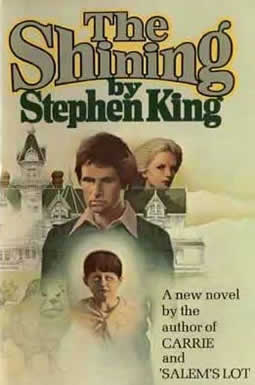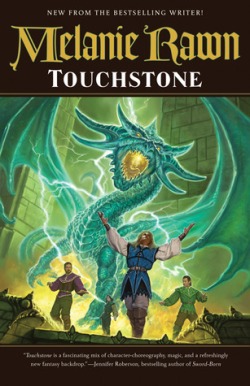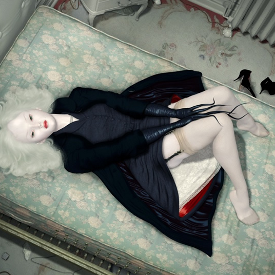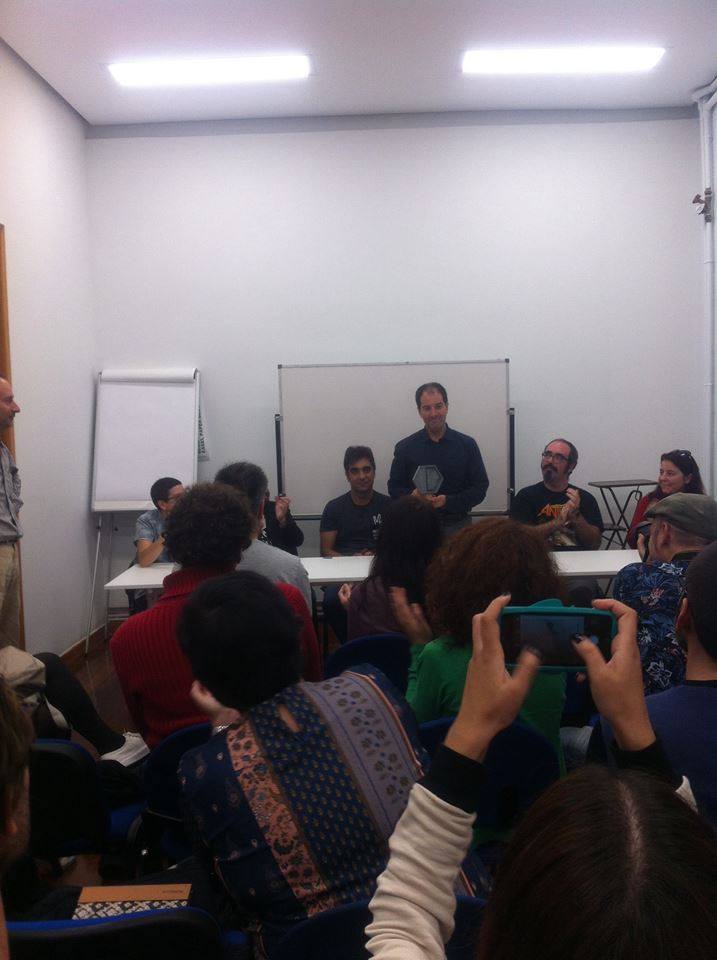There’s something unseemly about writers who write about writers.
Many of my beliefs about writing have changed since I was a pink-cheeked little colleen getting up early to write before school, but this is one that has not and on present showing, never will. I always suspect writer protagonists of being the author in the paltriest of disguises.
Sometimes, of course, this is the point.
Stephen King is always writing about writers; he’s still one of the best in the business–as they say in Japan, “Even monkeys fall out of trees sometimes.” Jack Torrance in The Shining is a pretty good example of auctorial self-involvement. The symbolic language of the plot elevates Jack’s angst to Ragnarokian levels, placing writer’s block next to psychopathy on the drama scale. The same thing, inverted, happens in Misery. Here, a writer’s accomplishments are so important that some people will literally kill for them. These two novels have something in common besides writer protagonists and being written by Stephen King: the protagonists could have had any other jobs, pretty much, and the stories would still work. And they would probably be better.
The Dark Half is different. The protagonist here had to be a writer. If you haven’t read it I won’t spoil it, but this is the novel that convinced me that once in a blue moon, a book about a writer could be good.
Then Lisey’s Story went back to the old Shining-era portrayal of a writer’s angst as literally hellish. This is not to say the book didn’t glue me to my seat, because King is King. I still get shivers thinking about “the thing with the endless piebald side.” But I did keep wondering what Mrs. King thought when she read it. And as they also say in Japan, ”Three strikes and you’re out.”(1) I’m going to give old S.K. a pass on the sequel to The Shining, but the next book after that better not have a writer protagonist.
According to the oracle–I mean TV Tropes–writer protagonists “are only occasionally Author Avatars.” This is true, in that writer protagonists usually got that way because their authors were lazy or unimaginative, not because they actually wanted to write about themselves. But the TV Tropes definition of Author Avatar is pretty narrow. If we’re just talking about self-insertion, writer protagonists do usually have a heaping dose of author in their constitutions, for better or (usually) for worse.

Most authors are aware of this. They don’t want to look self-regarding. They realize that writers are not often very interesting in person, and writer’s angst is not comparable with any real trauma, unless you’re David Foster Wallace. But they haven’t got the worldly experience or the confidence to write protagonists who are plumbers, museum curators, subsistence farmers, insurance appraisers, or what have you. So they cleverly substitute another creative art for writing. I did this myself in my first published novels. And then, years later, I did it again! The second time I did it on purpose, trying to pull off a Dark Half-like kind of stunt, but I’m not sure it worked.
Melanie Rawn, who made her name writing extravagant courtly fantasies–the Dragon Star and Dragon Prince trilogies–that I loved when I was in high school, recently returned with a new series, The Glass Thorns. The first two books are out. Set in a quasi-medieval fantasy realm inhabited by a baker’s dozen of human and other sentient races, they follow the journey of four-man theatre troupe The Touchstones, consisting of a “tregetour,” a “masquer,” a “fettler,” and a “glisker.” Most of the reviews of the first book struck a disappointed or simply puzzled note, since it’s very unlike Rawn’s earlier work. But I am loving this series because the Touchstones are clearly a rock band, lurching from gig to gig, their lifestyles charged with drugs, excess, and sexual tension, their bust-ups and scratchy interpersonal relationships straight outta Liverpool.
A writer is always on safe ground when writing about the creative life. That’s the problem. Stories are most exciting when they venture onto dangerous ground. The Glass Thorns is a safe story, for all its rock ‘n’ roll flavorings; it’s like snuggling up in a cozy patchwork quilt of 1990s fantasy. That’s not a bad thing, but there’s so much more out there.
In Japan, there is or was a whole literary school of writers writing about writers who were their thinly disguised selves, the shishousetsu (I-novel) movement. In the early 20th century, this sort of realism and focus on the individual was revolutionary. The genre deliberately played to the prurience of a public seeking true confessions from this hitherto-scarcely known realm, the starkly isolated inner self. This is taking authorial self-insertion a degree further than our discussion here. These novelists (Osamu Dazai, Shiga Naoya) were approaching A Million Little Pieces territory from the other side. And they soon burnt out, all of them. The limits to self-interrogation are as close and constraining as a wet washcloth over your face. I’m reminded of something wonderful I recently read in The Spectator:
[My yoga teacher] veered off at an interesting tangent. She’d practised meditation with the utmost dedication for 27 years, she said, then given it up as a waste of time because it made her miserable and self-obsessed. This was a surprisingly frank and generous admission, I thought, and worth the £35 course fee on its own.
There’s so much more out there.
I think our genre authors tend to write about artists out of an ingenuous yearning to glorify the creative life, rather than the shi-shousetsuka’s drive to interrogate the id. Still, though, this is safe territory, and safe territory easily becomes claustrophobic. Writers, branch out a bit! Give us protagonists who aren’t creative types!(2) Give us bailiffs, electricians, farmers, midwives, interpreters, lawyers! There’s magic in every profession, if you know where to look for it.
###
1. Yes, they really do say this but not literally. It’s 仏の顔も三度まで (Hotoke no kao mo san do made), meaning that even Buddha will get peeved if you are naughty three times in a row.
2. Mighty-thewed warriors, assassins, and scheming nobles are always welcome, too, but a bit more variety wouldn’t hurt.












